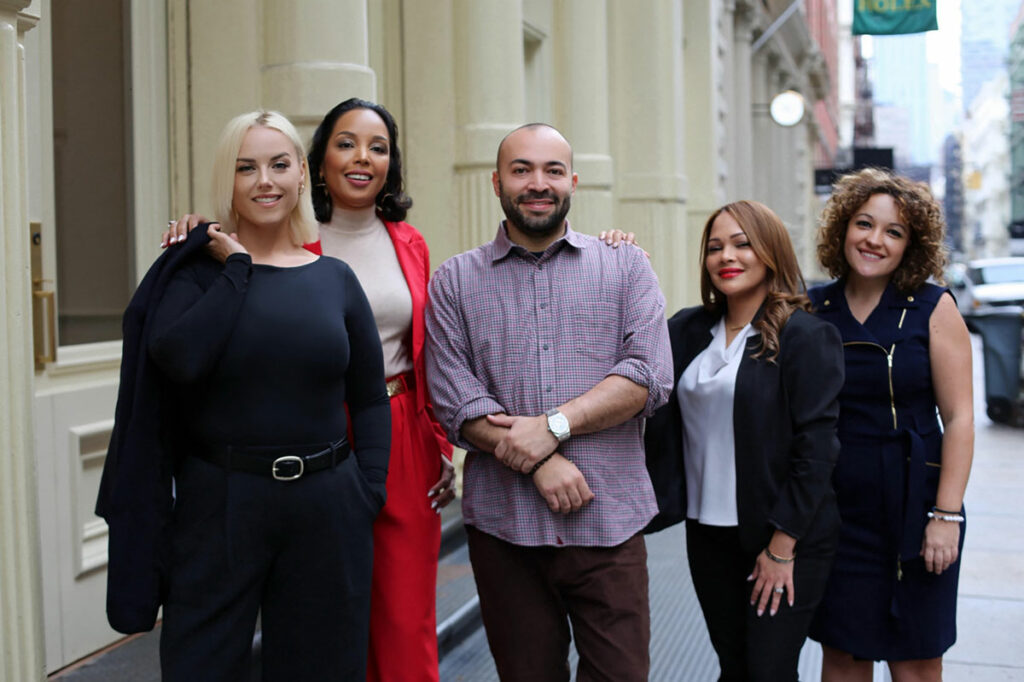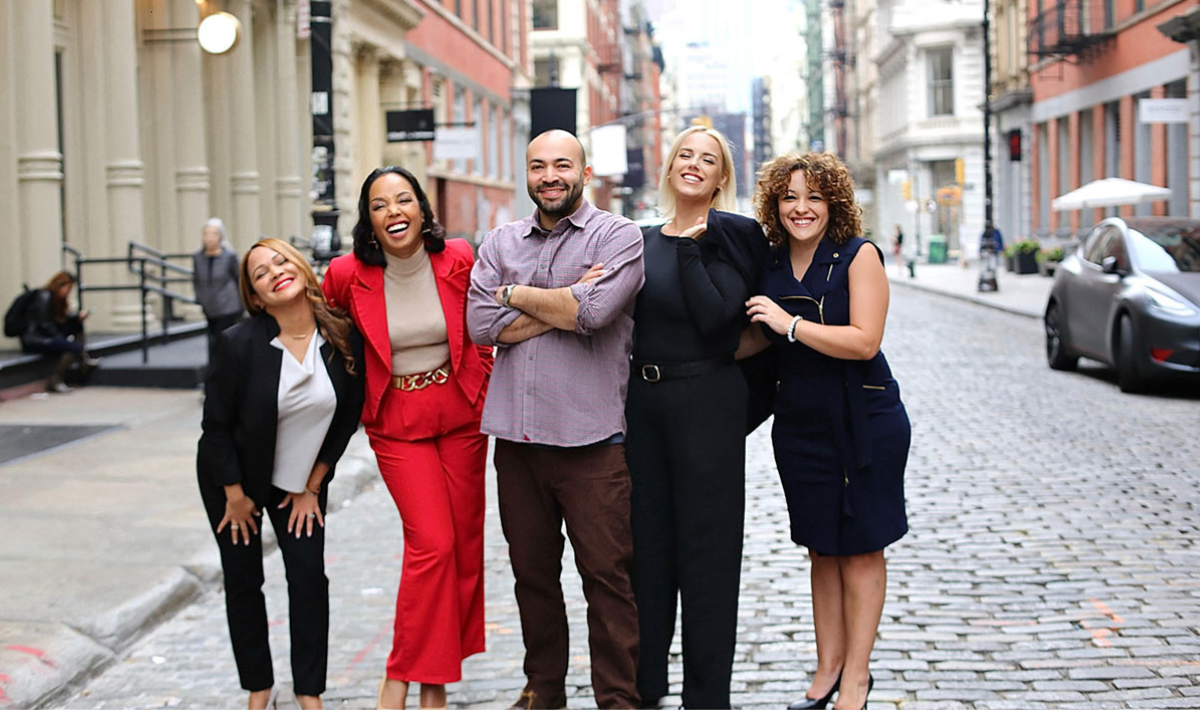By investing in his clinicians and staff, Dr. Dave Janash found he was also investing in the future growth and success of his company.
By Pete Mercer
Teamwork is a critical ingredient to the success of any organization, which is why it is so important to get it right. To do that, you must establish a culture that helps to cultivate and prioritize team building early on.
Building a strong team is no easy task – it takes a lot of blood, sweat, and tears to get your team into a place where they can grow effectively. No good thing comes easy, but it’s worth the time and effort you put into it.
For the Thriving Leaders Series, DEO Magazine spoke to Dr. Dave Janash, founder and CEO of Underbite Dental Management, about the importance of building strong teams to grow your business. Underbite is a New York City-based dental management group that works to provide practices with centralized tools and resources to help them grow.

Listening for opportunities
One of the most basic ingredients for building a healthy team culture within your practice is listening to your team. This includes listening to learn about the opportunities your employees desire for advancement and promotions, but also listening for opportunities to grow your business from those who work within it. What do they need? What do they see? How can their perspective optimize your organization?
When you are intentional about listening to what’s going on in your organization, you can make better, more informed decisions on some of the bigger strategic moves. Dr. Janash said, “It is all about listening to what people are looking for, listening to what opportunities the business needs. You need to be a good listener to understand how to help your team to be connected, present, and committed all in the same way at the same time.”
Every member of your team should have access to the tools and resources they need to successfully do their job, whether it’s training elements for continuing education or even the physical tools required to practice good dentistry. Dr. Janash hit a turning point while building Underbite where he found himself at management courses and conventions on practice management and revenue cycle and realized that he didn’t want to attend events like that without his team.
As they started to carve out their own reputations for themselves, team members created new opportunities for their own growth and development. For example, his human resources director decided to pursue a master’s degree, which aligned with the need to scale the department to meet the business’ needs. “As the company grew, so did Esida’s team. She used to be a one-person show running all of HR; now she has a number of people on her team that handle recruiting, payroll, and compliance. It’s been a major joy of mine to watch people develop, personally and professionally.”
Investing in your team
Part of a healthy team culture comes from the time that you spend investing in your team members. This is the kind of thing that is supposed to trickle down from the top. Healthy leadership leads with integrity, allows for feedback, and doesn’t expect the team members to do anything they would not do.
Your team members are a critical piece of the puzzle, which requires motivation, incentivization, and encouragement at every step. Leadership that emphasizes these things will get better results from employees and more efficiency for the organization.
Dr. Janash said, “In addition to investing in the people, it’s important to create a brave space, rather than a safe space in the workplace. It’s not OK to be just safe, because safety doesn’t get you anywhere. Be brave. Create an environment where people can talk to you candidly about their goals, their concerns, and their weaknesses.”
Creating spaces where your employees feel empowered and encouraged to be brave could have radical, positive effects on your business. By leaving the fear of failure at the door, you can push your team to take on bigger risks than ever before. That level of investment shows your faith in the capabilities of your employees and the strength of your organization.
Passing down the work
The act of passing down the work is an undervalued component of building a strong team. The reality (and hope) is that your employees will not hold the same positions as the years go by. They should be taking on new responsibilities that continue to challenge and push them forward.
Essentially, this means that you need to be training employees to hand down and take on work as responsibilities change. There shouldn’t be one person who knows how to do certain things – train the up-and-coming employees on the ins and outs of different tasks and processes around the practice to ensure that you have someone to fill those roles as they become available.
“I think it takes a real leader – not a manager, but a real leader – to influence and develop people and essentially offload various tasks,” Dr. Janash said. This is especially true for any part-time employees that you may have – they need a light at the end of the tunnel, without the feeling of being strung along for busy work.
“There’s always going to be the need for a part-time person, and it can be stressful to be part-time. But if you continue to grow the DSO and continue to offer a personal and professional path for them, they will have a better idea of what the future will look like with your practice.”
Development as a value
You won’t get anywhere with building your team without focusing on team development, both personally and professionally. It’s the only way for them to improve, especially as your organization continues to evolve. But it’s not all up to leadership – your team must want to grow.
Dr. Janash said that it must be self-led, at least on some level. “They have to want it on their own. I can’t force people to get on planes and go to conferences outside of dental to develop themselves. A lot of that must be self-led or at least promoted. Sometimes, you have to sort of push people in that direction.”
By providing opportunities for growth and coaching for your team, you can create an environment that is focused on the inherent value of development. Whether that’s through continued education opportunities, training opportunities, or even opportunities to take on new responsibilities, your employees should have options to chart the next steps in their career.
Even though the development of your team isn’t entirely up to the leadership, it also wouldn’t be possible without the influence of the leadership team. By investing in their future and offering development opportunities, you can leverage the success of your team members and your organization to drive growth and productivity to move forward.
Founded in 2018 by David Janash, DMD, Underbite is a New York City-based, people-first dental support organization. Combining customized strategies with the same resources used by much larger DSOs, the group owns, operates, and provides practices of all sizes and styles with centralized tools and solutions to help them grow and thrive.






